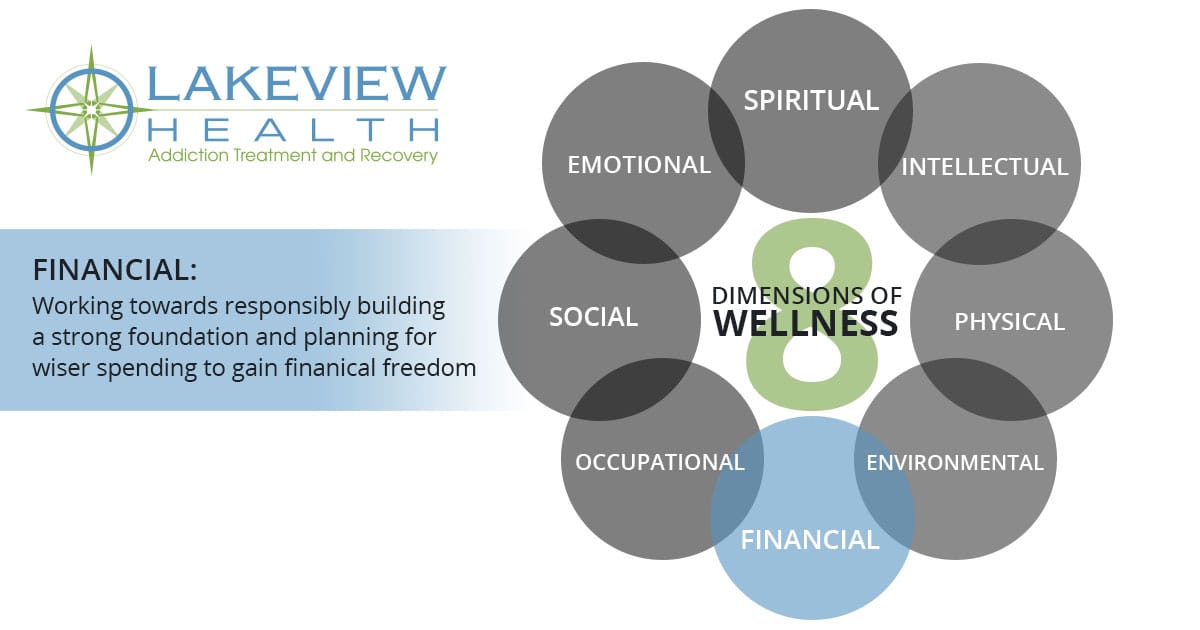

By: Donna Campbell
For many years after struggling, I finally took the initiative to invest in me and be a good (financial) role model for my family. After a divorce and life just being life, I was the only source of income and I quickly realized I needed a game plan – it was time for a budget! I aligned myself with someone who had it together financially and could help create a budget. Not just any budget though – a REALTISTIC one! What happens next is learning some tough lessons and sticking to that budget. Here is how most financial experts say your budget should be broken down:
- 30% Monthly Rent/Mortgage
- 30% Needs (insurance, groceries, light, and water)
- 20% Savings
- 10% Emergency Funds
- 10% Wants
The #1 rule is PAY YOURSELF FIRST! What that means is maintain a 3-month emergency cash fund (it’s called ‘emergency’ for a reason!) and put away for your retirement now. We can’t all count on that wealthy relative to leave you millions. If your job allows you to put away in a retirement program or pension, do it because it is never too early to plan for tomorrow. Also, be creative with that income tax refund and put it to good use. There is healthy logic that if you don’t see it, you won’t realize it was gone. Pay down debt, including the highest interest yielding credit card down first – less interest means you save money.
Money-Saving Tips & Tricks
- Have a garage sale every 6 months. Most of us have items we haven’t used in years or those pair of jeans we are still trying to fit into from 20 pounds ago – let it go!
- Shop second hand when you can. If you have children who will be growing out of their clothing just as quickly as they grow into them, seek out “new” clothing at thrift stores. You can even turn it into a game and see who can get the best bang for $20.
- Have a grocery list and cut coupons. Meal planning is huge for budgeting and creating a grocery list because you’re on a mission to only buy the items on your list. Using mobile apps like Ibotta is also helpful to find in-store coupons and instant rebates on common items.
- Maintain your car on a regular basis. That $30 oil change and diagnostic check are nothing compared to costly repairs later on down the road. Some stores offer discounts on certain days of the week and packages if you purchase a bundle of services.
- Buy what you need, not what you want. A good rule of thumb: wait 24 hours before making a big purchase to make sure you are not buying with your eyes! Sometimes the novelty of owning something wears off when you realize after a few hours that you don’t really need it.
- Barter! Believe it or not, some things are negotiable. If you need your lawn maintained, see if you can trade babysitting services with a neighbor to cut the grass.
- Write down financial goals and track your spending. It helps to keep a journal of where your money is going so you can adjust things as needed. If you spend $XX on a new outfit, that’s less money you’re putting into your savings or towards a family vacation. Weigh the opportunity cost of things to make sure you’re spending on things that are beneficial without suffering in other areas.
If you need help getting started, here is an easy budget worksheet: https://www.consumer.gov/sites/www.consumer.gov/files/pdf-1020-make-budget-worksheet_form.pdf





